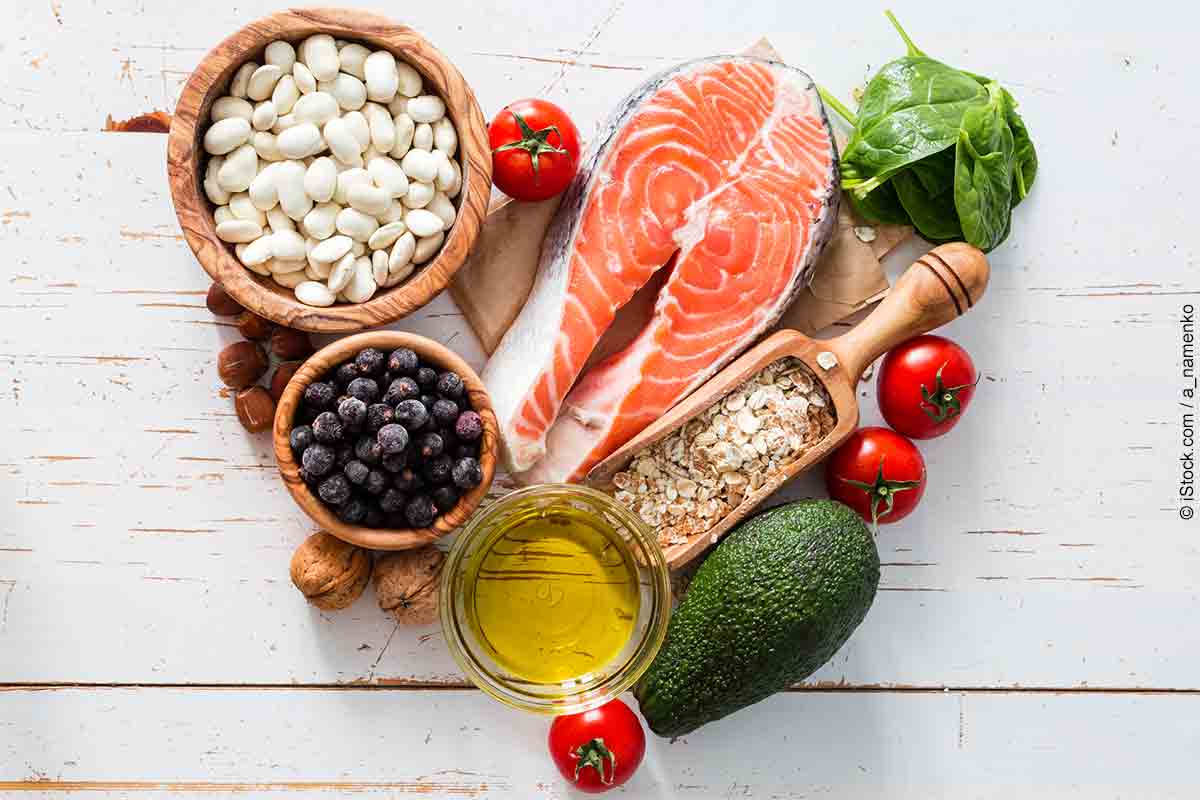A High-Fat, Ketogenic Diet Can Help You Lose Weight
7,690 views

The government has a disproportionate influence on people’s diets through the health information and guidelines they release.
In the '80s, it was recommended that people consume food that is low in fat because of the misconception that fat was unhealthy. People followed this advice for many years, until it was proven that naturally occurring fats in food do not harm the body, but may even be beneficial.
In fact, the ideal diet should actually have high-fat, low-net carb and moderate protein components. It should have a 1:1 ratio of fats to non-fiber carbs and protein.
Randy Evans, who has a master's degree in nutrition and works at the University of Kansas Integrative Medical Center, discusses how the ketogenic diet can affect and improve your body’s processes.
High-Fat Diet Benefits
A high-fat diet actually helps the human body in myriad ways. For one, it helps improve cognitive function. In fact, the first thing that people notice after shifting to a ketogenic diet is improved cognition. It helps cognitive function because of the difference between the fuels that are used by the brain.
Entering nutritional ketosis stops the brain from utilizing glucose as its primary brain fuel. The brain usually uses glucose as its primary fuel instead of ketones and fats, but by shifting the brain’s choice of fuel, the brain becomes conditioned to eliminate hunger pangs or cravings for sweet foods, which may help in the reduction of obesity.
In a way, ketones and fat serve as a “clean fuel” for the brain, whereas glucose is “dirty fuel” because of the way that it slowly conditions the brain into becoming insulin-resistant, which can then cause numerous disorders and disease. It also contributes to the production of reactive oxygen species and secondary free radicals, which are extremely harmful to the human body.
Shifting to a high-fat diet also helps with weight loss. Many people have been conditioned to think that if they consume fat, they will gain weight. This is wrong. In fact, Evans explains that shifting to a high-fat diet makes your body burn stored fat instead of using the carbohydrates in the food that you ingest. The concept of lowering your caloric intake and fat consumption to lose weight was wrong all along.
Recommendations for Implementing the Ketogenic Diet
Before you decide on applying the ketogenic diet to your lifestyle, make sure that you are ready to give up processed and packaged foods. The standard American diet is often loaded with vegetable oil and processed fats, which actually contribute to many health problems. It’s one of the main reasons why a considerable percentage of the American population is obese.
It’s also recommended that you cut back on grains and focus your diet on starchy vegetables, because grains are too energy-dense. Other foods you should add include avocados, olives/olive oil, raw nuts, meat and seeds, which will all boost your fat intake. Remember, the ketogenic diet or the high-fat diet will only be successful if you are willing to eat only high-quality, high-fat food. This will ensure that you are giving your body enough clean fuel.
Evans opines that milk or any dairy product should be avoided because of the galactose that it contains. By drinking a glass of milk, you may use up the daily recommended amount of carbohydrates. He also recommends that you add coconut oil or MCT oil into your diet to boost its fat content. MCT oil, or medium-chain triglyceride oil, converts the ketones in the blood.
The recommended dose of MCT oil per day is 2 to 3 teaspoons, but you can take 1 teaspoon first for a few weeks and then transition to 3 teaspoons. The sudden use of 2 to 3 teaspoons of may cause diarrhea, as your digestive system may expel excessive amounts of MCT oil.
Is Water Fasting Worth It?
Water fasting may be extremely beneficial for obese or overweight people when they decide to try the ketogenic diet. Evans states that by water fasting, you’re jumpstarting your system into nutritional ketosis, allowing your body to start using up your stored fats. Water fasting usually lasts between three to 21 days, depending on the individual’s weight and health.
While water fasting may be a good idea for other people, there are contraindications for certain individuals. People who are underweight, taking multiple medications for chronic illnesses or diabetic are urged to consult medical practitioners before undergoing this type of fasting. To be sure, water fasting should be done with strict medical supervision.
How Intermittent Fasting Can Impact Your Weight Loss Goals
If you decide to use the ketogenic diet to lose weight, it might be useful for you to employ intermittent fasting. Unlike other types of fasting that can deprive the body of fats and carbohydrates, intermittent fasting aims to alter the schedule of your eating habits but not the amount of calories or fat you ingest. It only changes the pacing and the intervals between meals.
Intermittent fasting means that you limit your food intake to a six-, seven- or eight-hour window, allowing your digestive system to rest for the rest of the day. By doing this, you can prevent your digestive system from becoming over-stressed.
Pacing your food intake gives your digestive system time to relax and avoid constant stress because of the constant ingestion of food. The proper spacing of your meals also gives you enough time to absorb and process the vitamins and minerals in the food you eat.
For more information about burning fat for fuel and the boons of following a ketogenic, high-fat diet, read my latest book, Fat For Fuel, and the article “Metabolic Dietary Approaches for Optimal Health.”